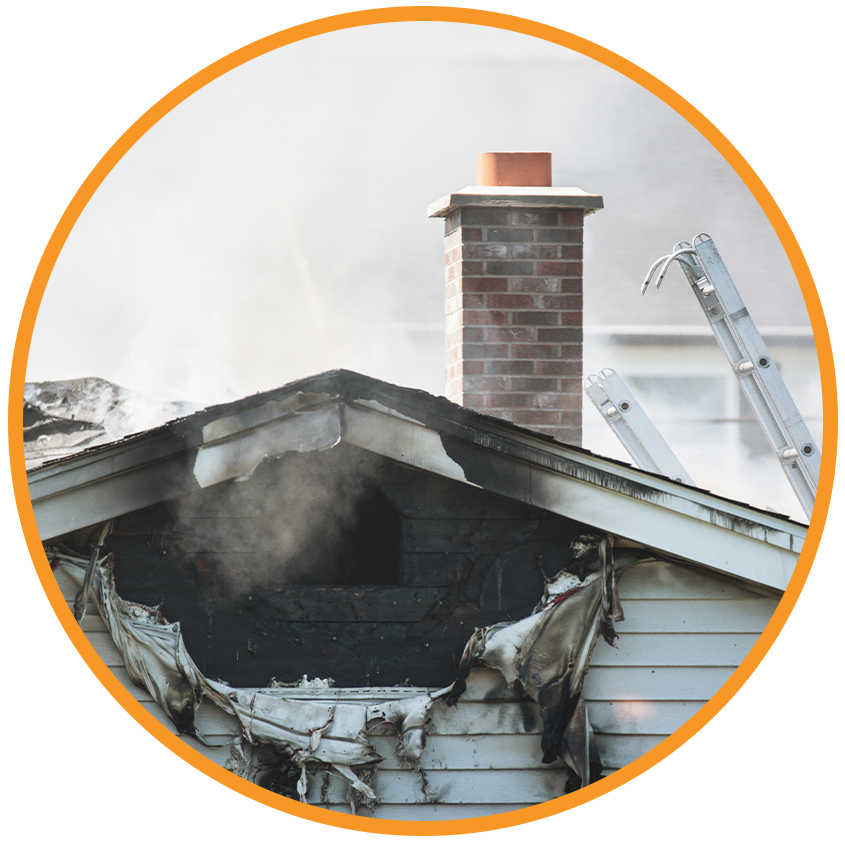
Rebuilding After the Flames: The Ultimate Fire Damage Restoration Guide
- hospitality,information,computer,construction,garden,arts,music,gambling,vehicles,world,real estate,religion,home

Igniting Hope After Disaster
When fire strikes, the emotional and physical toll can be overwhelming. The destruction of property, cherished belongings, and the safety of your space leaves homeowners in distress and confusion. Yet, amid the ashes lies a path forward: Fire Damage Restoration. This process goes far beyond simple repairs—it’s about reclaiming your life and restoring your peace of mind. For professional guidance and resources on emergency services, homeowners should consult certified restoration specialists.
What Is Fire Damage Restoration?
Fire Damage Restoration refers to the comprehensive process of assessing, cleaning, repairing, and rebuilding property after a fire. It involves treating not only the visible destruction from flames but also secondary issues like water damage, smoke infiltration, and toxic residue.
This restoration journey includes:
- Emergency response and property evaluation
- Soot and smoke removal
- Structural repairs and cleaning
- Odor neutralization
- Sanitization for safety
By addressing all these aspects, restoration professionals ensure the space is safe, livable, and structurally sound.
From Crisis to Clarity: The Restoration Timeline
Phase 1: Rapid Response and Inspection
The first hours after a fire are critical. Restoration experts quickly assess the damage, develop a plan, and document everything for insurance purposes. Many restoration professionals rely on industry-approved methods for structural repair to meet health and safety codes.
Key actions include:
- Site safety evaluation
- Photo documentation for claims
- Estimating repair and restoration costs
Phase 2: Board-Up and Property Protection
To prevent further damage, the property is secured.
Tasks typically involve:
- Boarding up broken windows and doors
- Tarping damaged roofs
- Stabilizing unsafe structures
Phase 3: Water Extraction and Dry-Out
Ironically, water damage from firefighting efforts can cause further destruction. Industrial pumps, air movers, and dehumidifiers are used to remove moisture and prevent mold growth.
Cleaning Up the Chaos
Smoke and Soot: Silent Destroyers
Smoke and soot can damage surfaces, contaminate air quality, and leave lasting odors.
Professionals use:
- HEPA vacuums to trap fine particles
- Dry-ice or soda blasting for deep cleaning
- Surface sealing to prevent odor re-release
Sanitization and Deodorization
Cleaning is not complete until the air and surfaces are safe.
Advanced methods include:
- Ozone generators to eliminate airborne pollutants
- Thermal fogging for odor removal
- EPA-approved disinfectants to kill harmful microbes
Structural Repairs and Home Revival
Once cleaning is complete, repairs begin. This stage transforms a damaged shell into a livable space. Families affected by fire often turn to trusted sources for damage assessment to learn how to navigate the crisis.
Typical repairs may include:
- Replacing drywall, insulation, and ceilings
- Repainting interiors and exteriors
- Flooring replacement
- Electrical and HVAC system checks
Skilled contractors follow architectural plans or restoration blueprints to rebuild efficiently and safely.
Choosing the Right Fire Damage Restoration Experts
Not all restoration services are equal. Selecting the right team can make or break your recovery journey.
Look for:
- Certifications – Ensure IICRC-certified technicians are on the team.
- 24/7 Emergency Services – Fire doesn’t wait; neither should your restoration.
- Experience with Insurance Claims – A knowledgeable partner helps speed up approvals.
- Comprehensive Services – Opt for teams offering everything from assessment to full rebuild.
Why Fire Damage Restoration Is More Than Just Repairs
Fire Damage Restoration isn’t just a construction project—it’s an emotional and psychological healing process. Families and businesses alike face immense pressure after a fire. Restoration offers a fresh start, a chance to rebuild stronger, and the peace of knowing experts are by your side.
Benefits of Professional Fire Damage Restoration
- Fast Recovery: Minimize downtime and return to normal life sooner.
- Health and Safety: Professionals eliminate toxic materials like asbestos, mold, and soot.
- Insurance Navigation: Easier, faster claims with professional documentation and advocacy.
- Peace of Mind: Confidence that your home is safe and restored to code.
Frequently Asked Questions (FAQs)
How soon should fire damage restoration begin?
Immediately. Delaying restoration can worsen structural damage, increase mold risks, and complicate insurance claims.
Is it safe to stay in the house after a fire?
No. Until the air is cleared of smoke particles and toxins, and the structure is declared safe, it’s best to relocate temporarily.
Can smoke odors really be removed?
Yes. With professional-grade ozone treatments, air scrubbers, and thermal fogging, smoke odors can be permanently eliminated.
Will insurance cover fire damage restoration?
Most homeowners’ policies cover Fire Damage Restoration, but coverage varies. Always consult your insurer and restoration provider for a detailed scope.
How long does the restoration process take?
It depends on the extent of the damage. Minor restorations may take a few days, while major reconstruction can span weeks or months.
Take the First Step Toward Recovery
If fire has turned your world upside down, remember: help is just a call away. Fire Damage Restoration professionals can turn devastation into determination, restoring not just structures, but lives. With the right team, the journey from ruin to renewal is possible—one step, one brick, one breath at a time.
Learn how digital marketing boosts visibility for restoration services through https://worldigital.com.